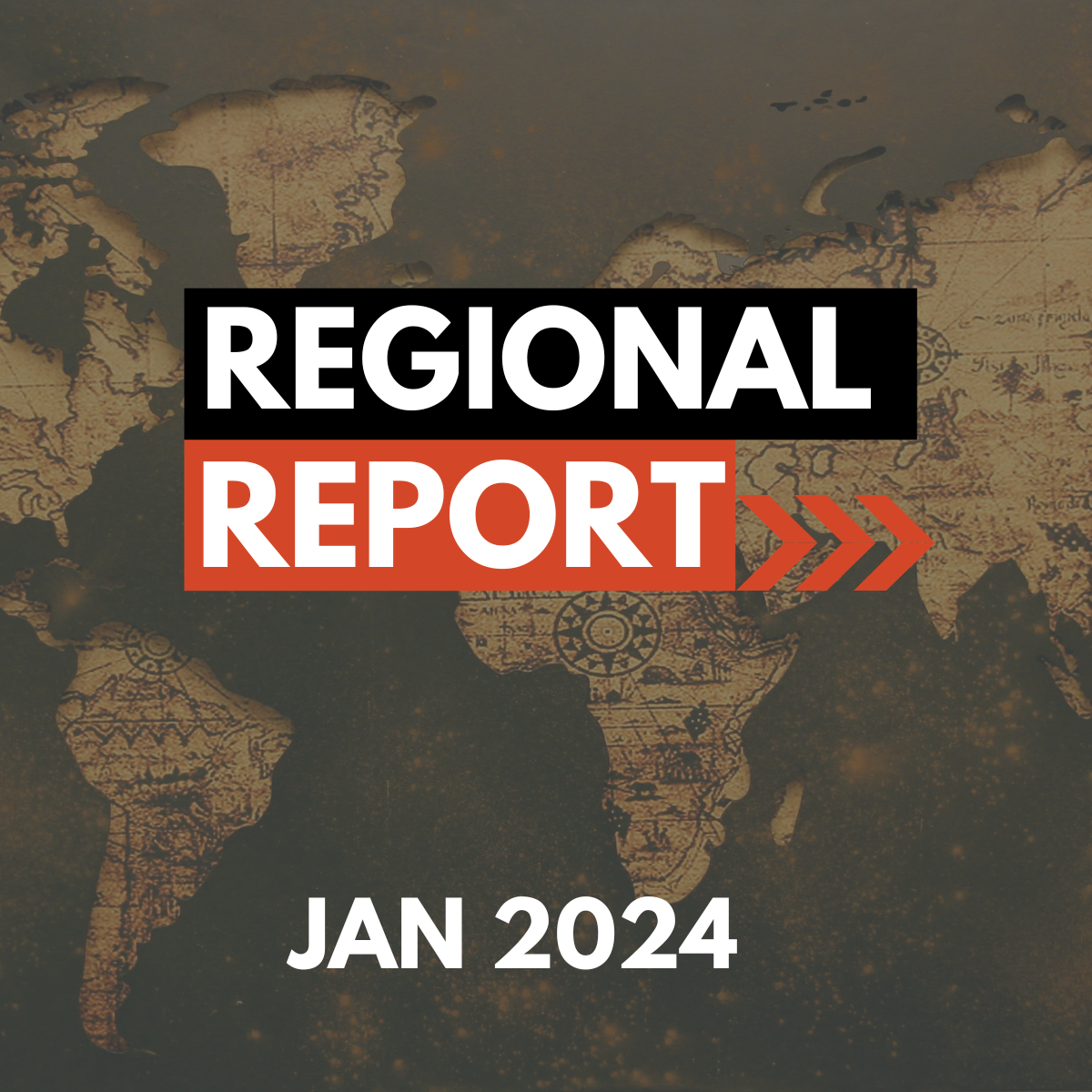Our regional Associates in the United Kingdom, European Union, South Africa, Australia, and New Zealand have reported in.
United Kingdom
Employees and the public are experiencing a serious bout of mistrust in government and public sector institutions due to inappropriate handling of funds and lack of action e.g., Post Office, the Covid enquiry. The ongoing cost-of-living crisis in the UK will directly impact wage demands and strikes toward the end of last year are still ongoing e.g. train drivers and doctors.
European Union
Germany, France, Belgium and Spain have unhappy farmers – ranging from toll fees, fuel subsidies and cheap imports. These mass tractor protests are fuelling discontent across the EU. Germany is experiencing strikes due to high inflation, pay and staff shortages. Areas affected – Lufthansa, Public Transport – bus and train services, security staff at 11 airports and truck drivers.
‘Use trains rather than fly’ environmental mantra has been dented, especially in Germany, after experiencing massive regional train cancellations due to strikes over the peak holiday season. With strike action causing airport delays and flight and train cancellations, the public, consumers and business are being severely impacted.
South Africa
South Africa is experiencing high inflation, with food prices leading the way and high transport costs. Unions are under pressure to deliver decent wage increases. With a worsening economy and ongoing job losses the pressure will build for conflict between business and labour. 2024 is an election year, which gives the unions power in negotiations, as the African National Congress (ANC) needs the labour support
Australia
Australia, with a labour friendly government, is experiencing a power shift toward unions. Known as a high-cost location with a heavily regulated economy, the cost of living is driving up union demands. Workers want more of the spoils especially from the country’s mining and energy companies. A raft of legislative changes now make enterprise bargaining complex and expensive for employers. The central governments Ombudsman is vigorously scrutinising wage agreements compliance by employers. Union activity in general is on the up, with disputes also spreading to less unionised sectors.
New Zealand
A sluggish economy and high inflation, sets the tone for the year ahead for all employers. With unemployment and redundancies creeping up, this should, but may not, temper union and employee demands for inflation linked wage increases. For the last couple of years unions have generally achieved good bargaining outcomes. Adjusting to the new environment will require an educative and collaborative bargaining approach from employers to avoid positional conflict negotiations. With a tepid economy, plus a newly elected conservative, pro-business government in place, the scene is set for raucous and protracted negotiations both in the private and public sectors.



